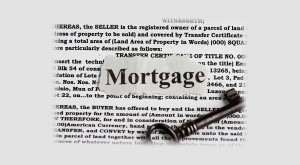
November 16, 2015
Temporary FHA Guidance Eases Condo Project Approval Requirements
The FHA has issued a press release announcing temporary guidance that will make it easier to get a condo project added to the approved list for an FHA mortgage loan. According to HUDNo.15-145, the FHA/HUD, “published new guidelines under its condominium approval process intended to increase affordable housing options for first-time and low- to moderate-income homebuyers. Effective immediately, FHAs temporary guidance will streamline the agencys condominium recertification process and expand the eligibility of acceptable owner-occupied units to include second homes that are not investor-owned.” These new guidelines, the FHA press release says, will be in effect for one year, and will “serve to revise FHAs condominium approval process until the agency can implement a more comprehensive condominium rule change.” The new guidance, issued on the FHA/HUD official site on November | more...









